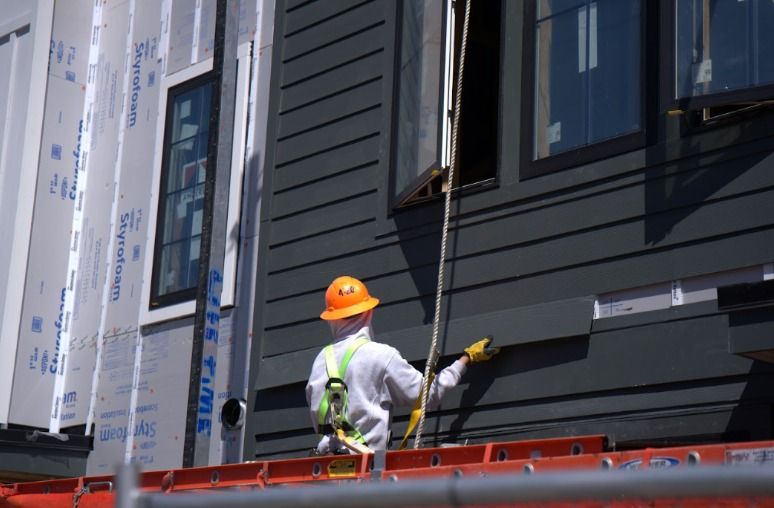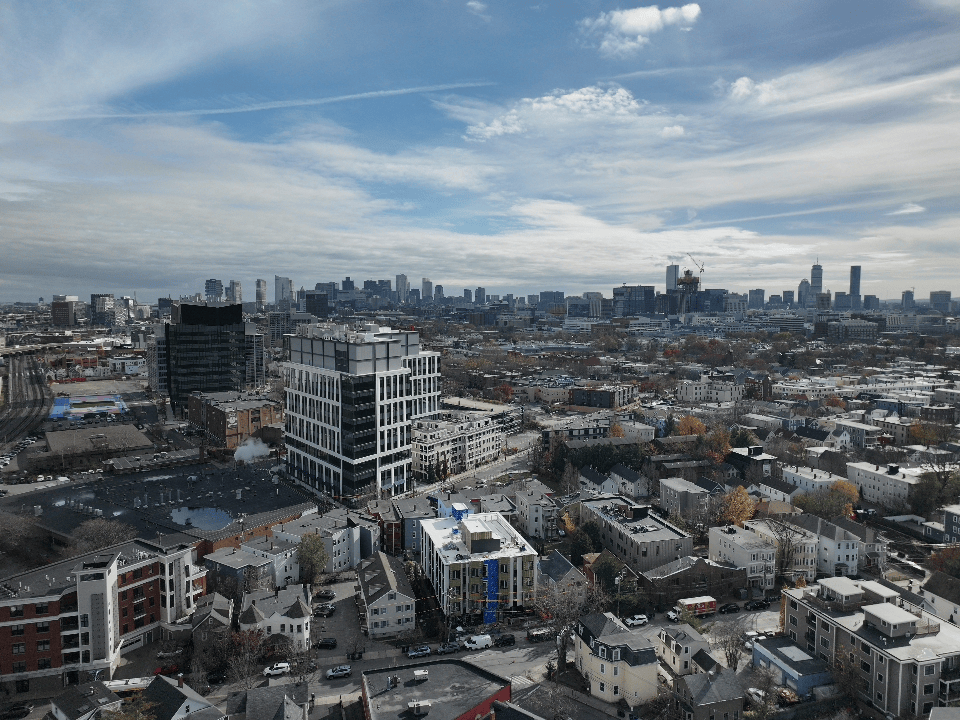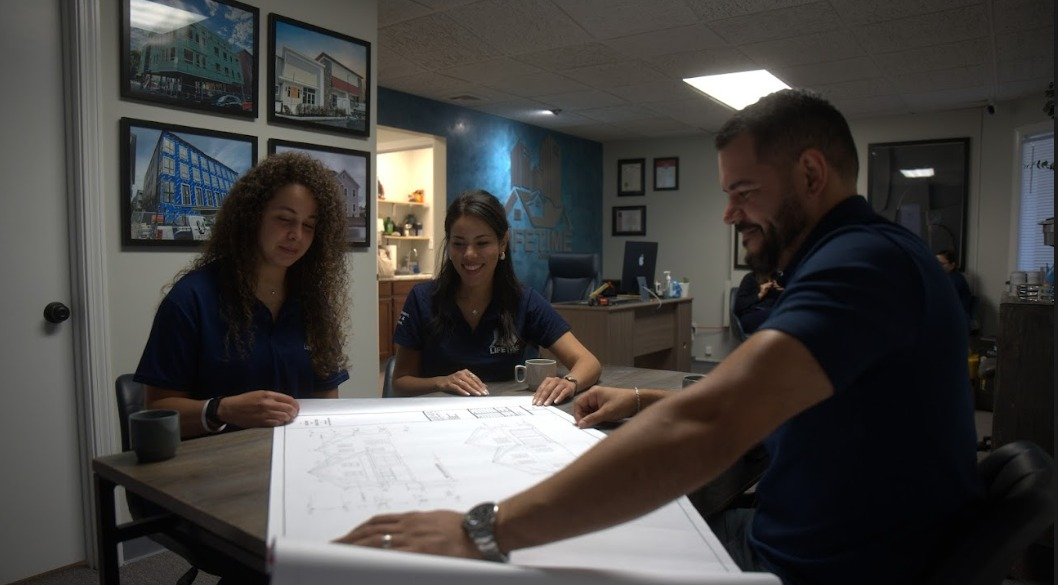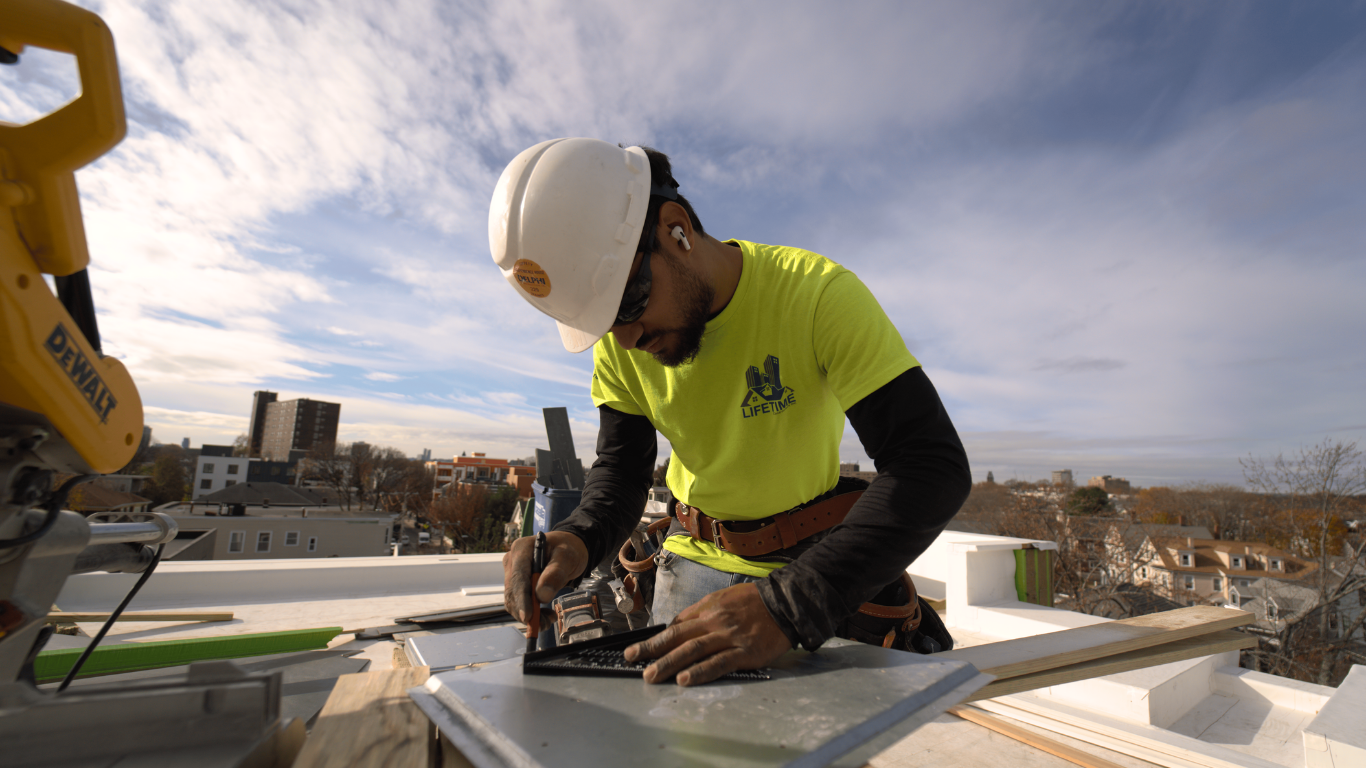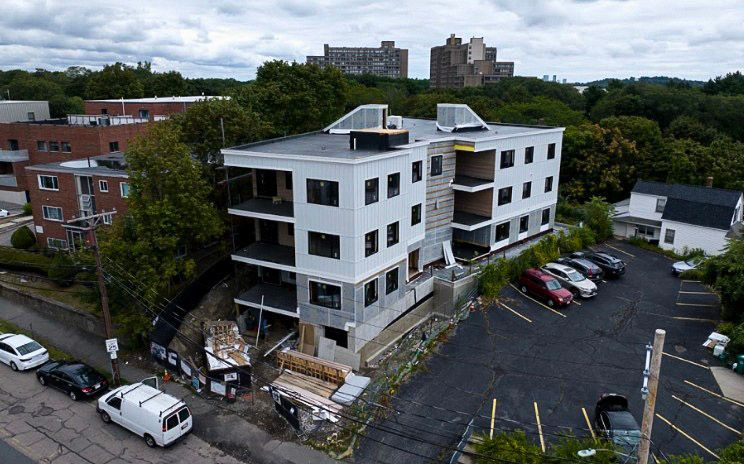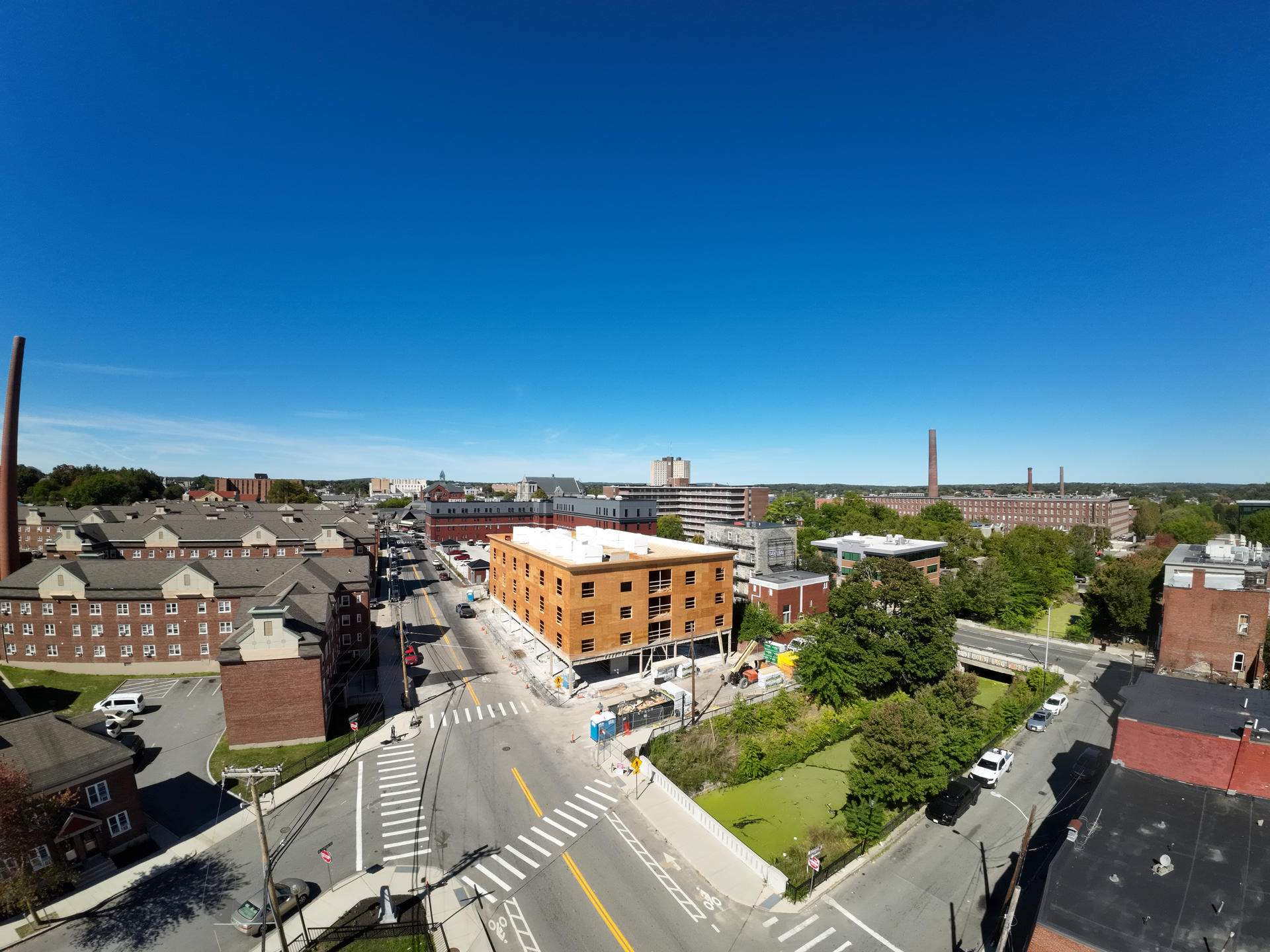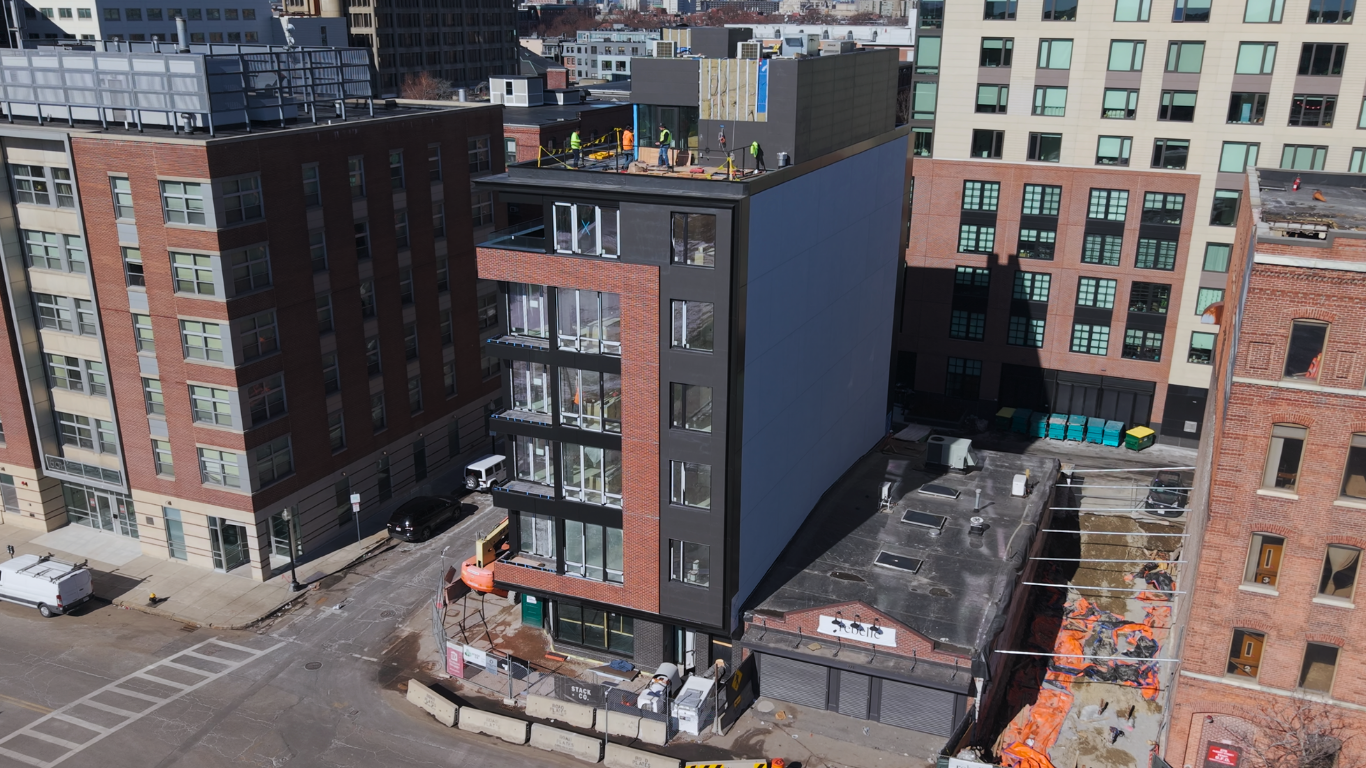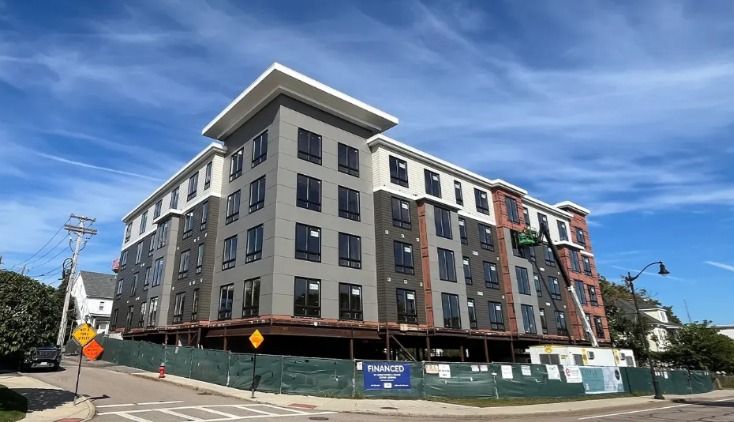How to choose the right siding for any build
Why siding is more than just looks
Ask anyone outside the construction world what siding does, and they’ll likely say: “It makes a house look nice.” But any builder or GC knows better.
Siding does more than define the exterior look of a building — it’s the first line of defense against the elements. It helps manage moisture, insulates, protects the frame, and contributes to the durability of the entire structure.
You don’t want to get it wrong — and there’s a reason pros take siding seriously.
A quick history of siding
In the early days, homes were clad in wood — simple, accessible, and beautiful, but high maintenance. Stone and brick also played a role in more permanent structures.
With time, materials like aluminum and vinyl entered the scene, offering lower cost and easier maintenance. Later, fiber cement (like James Hardie), HPL panels, and engineered wood changed the game again — combining durability, flexibility, and improved performance.
What’s driven all this? Weather, cost, labor, and building codes — all pushing innovation forward.
Why it matters so much in construction
Siding is not just a pretty cover. It protects from:
- Water infiltration
- Wind-driven rain
- Physical impacts
- UV degradation
It also plays a role in thermal regulation, depending on how it works with the AVB (Air & Vapor Barrier) and insulation systems. Choose the wrong siding or install it poorly, and you’re setting yourself up for callbacks, damage, and client dissatisfaction.
Long-term, good siding means fewer repairs and a longer lifespan for the building envelope.
Picking the right material to your building
Each project is different — size, use, climate, and budget all matter.
Here’s a quick rundown of common siding types:
- Wood Siding: Classic, natural look. Needs regular maintenance. Best for high-end residential or historical jobs.
- Vinyl Siding: Budget-friendly, low-maintenance, but can warp in extreme heat or crack in cold.
- Fiber Cement: Fire-resistant, tough, and paintable. Popular in many regions for its durability.
- HPL Panels: High-pressure laminate panels. Great for modern aesthetics, strong against impact and weather.
- Engineered Wood: Combines real wood aesthetics with better resistance to rot and insects.
-
Weather and region matter more than you think
The same siding won’t work the same way in Boston and in Phoenix.
For example, James Hardie manufactures two different types of fiber cement boards:
- HZ5: Designed for cold, wet climates. More resistant to moisture and freeze-thaw cycles.
- HZ10: Built for hot, humid areas. With components to resist UV and heat damage.
Choosing the right siding for the weather zone means better performance, fewer repairs, and happier clients.
Does color affect beyond style?
Believe it or not, siding color isn’t just about curb appeal.
- Light colors reflect heat — better for warm regions.
- Darker colors absorb heat — may help in colder areas, but can fade quicker and stress the material in hot weather.
- Neutrals tend to hold value longer in resale and blend better with neighborhood aesthetics.
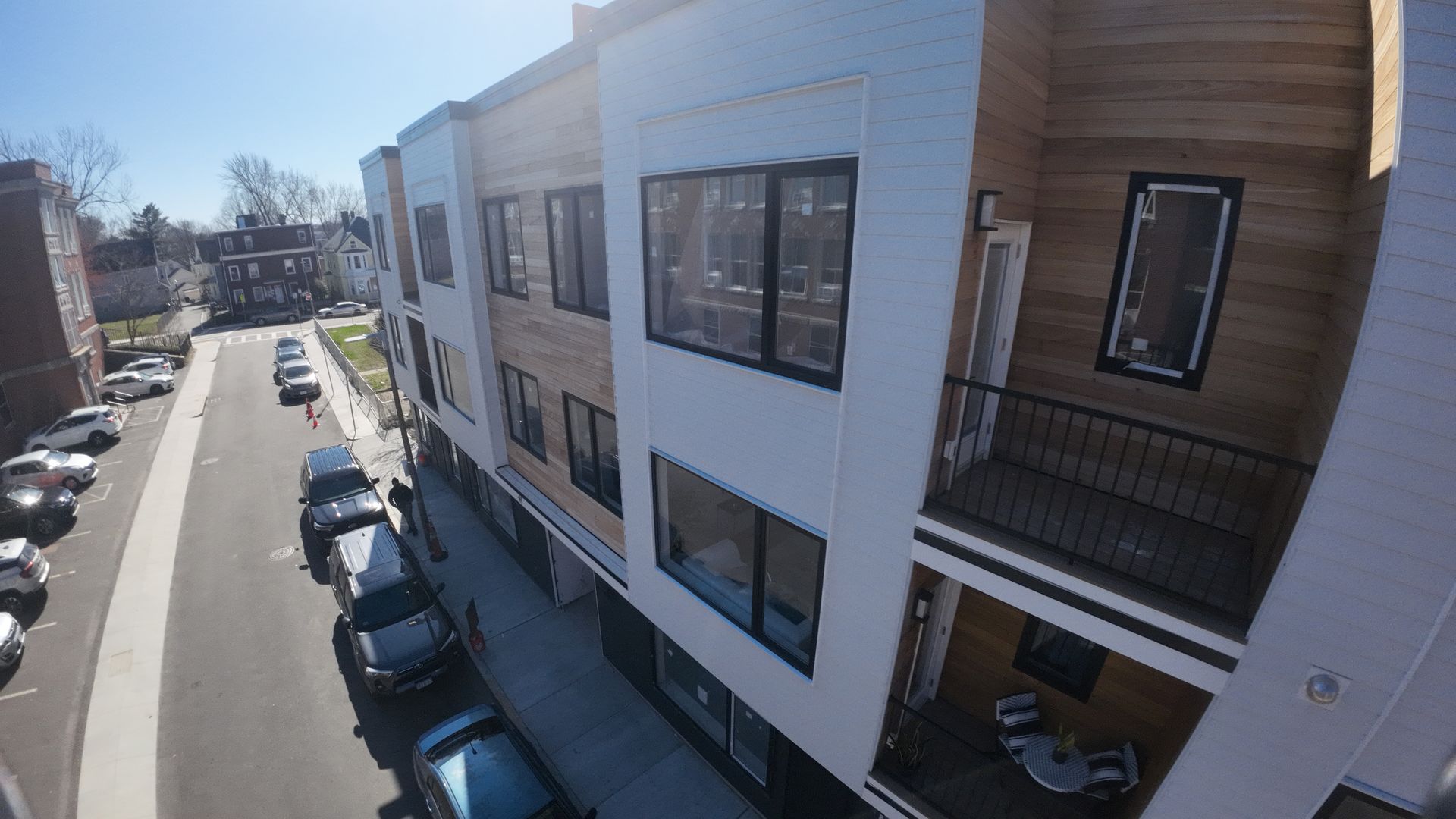
Also, materials react differently to paint or finish. For example, fiber cement holds paint longer than wood.
Think of color as a functional decision, not just an aesthetic one.
This is paragraph text. Click it or hit the Manage Text button to change the font, color, size, format, and more. To set up site-wide paragraph and title styles, go to Site Theme.
